Best movies like Emperor Meiji and the Great Russo-Japanese War
A unique, carefully handpicked, selection of the best movies like Emperor Meiji and the Great Russo-Japanese War Starring Kanjūrō Arashi, Kusuo Abe, Minoru Takada, Shin Takemura, and more. If you liked Emperor Meiji and the Great Russo-Japanese War then you may also like: Yamato, Nicholas and Alexandra, Rurouni Kenshin Part I: Origins, Japan's Longest Day, Know Your Enemy: Japan and many more popular movies featured on this list. You can further filter the list even more or get a random selection from the list of similar movies, to make your selection even easier.
Meiji Tenno portrays the buildup to the Russo-Japan War. In addition to showing the political events that led to war, it also shows the era from the story of a farm family in rural Japan that sends their son off to war. As such, it could be considered an anti-war movie, showing how, while war is devised by governments, the people do not really understand what war is, and its combatants often do not know what they are fighting for.
Emperor Meiji and the Great Russo-Japanese War
You may filter the list of movies on this page for a more refined, personalized selection of movies.
Still not sure what to watch click the recommend buttun below to get a movie recommendation selected from all the movies on this list
Nicholas and Alexandra
Tsar Nicholas II, the inept last monarch of Russia, insensitive to the needs of his people, is overthrown and exiled to Siberia with his family.
Rurouni Kenshin Part I: Origins
In 1868, after the Bakumatsu war ends, the ex-assassin Kenshin Himura traverses Japan with an inverted sword, to defend the needy without killing.
Japan's Longest Day
Following the detonation of the atomic bombs on Hiroshima and Nagasaki, the Japanese military and the government clash over the demand from the Allies for unconditional surrender. Minister of the Army Anami leads the military officers who propose to fight on, even to the death of every Japanese citizen. Emperor Hirohito, however, joins with his ministers in asking the unthinkable, the peaceful surrender of Japan. When the military plots a coup to overthrow the Emperor's civilian government, Anami must face the choice between his desires and loyalty to his Emperor.
Know Your Enemy: Japan
Frank Capra-directed propaganda film produced during World War II depicting the United States' new enemy: Japan.
Port Arthur
Depicts the bloody siege of the fortress of Port Arthur, one of the most strongly fortified positions in the world, during the Russo-Japanese War of (1904 - 1905). In the story dominated the character Lt Takeshi Kogyo (Teruhiko Aoi), teachers, and a reserve officer who became commander of the platoon and later company. At the same time monitors the conduct of the army commander general Nogi (Tatsuya Nakadai), which was commissioned of the emperor Matsuhito (Toshirô Mifune) to the conquest of the fort.
The Bridge on the River Kwai
The classic story of English POWs in Burma forced to build a bridge to aid the war effort of their Japanese captors. British and American intelligence officers conspire to blow up the structure, but Col. Nicholson , the commander who supervised the bridge's construction, has acquired a sense of pride in his creation and tries to foil their plans.
Caterpillar
During the Second Sino-Japanese War, in 1940, Lieutenant Kurokawa returns home as a honored and decorated soldier but deprived of his arms and legs lost in battle. All hopes, from the villagers and women to close family members, turn to Shigeko, the Lieutenant's wife. She must honor the Emperor and the country in setting an example for all by fulfilling her duty and taking care of the 'god soldier'. Kurokawa prior to leaving to fight in the war regularly beat and berated his wife for her barrenness and inability to bring him a son. When he returns home as an amputee with no hearing and no speech, his wife dutifully attends to him, even though he shows little appreciation for her dedicated care. His main concerns are getting fed and getting sex. Even in his own degraded condition, he manages to berate his wife. Eventually, though, his own memories infiltrate and he is haunted by his horrible, sadistic deeds, performed while in the duty of the Japanese military.
Letters from Iwo Jima
The story of the battle of Iwo Jima between the United States and Imperial Japan during World War II, as told from the perspective of the Japanese who fought it.
The Emperor in August
In July 1945, during the end of World War II, Japan is forced to accept the Potsdam Declaration. A cabinet meeting has continued through days and nights, but a decision cannot be made. The U.S. drops atomic bombs on the cities of Hiroshima and Nagasaki, Japan. General Korechika Anami is torn over making the proper decision and the Emperor of Japan worries about his people. Prime Minister Kantaro Suzuki leads the cabinet meeting, while Chief Secretary Hisatsune Sakomizu can't do anything, but watch the meeting. At this time, Major Kenji Hatanaka and other young commissioned officers, who are against Japan surrendering, move to occupy the palace and a radio broadcasting station. The radio station is set to broadcast Emperor Hirohito reading out the Imperial Rescript on the Termination of the War.
Isoroku Yamamoto, the Commander-in-Chief of the Combined Fleet
Admiral Isoroku Yamamoto (1884-1943) was the Japanese Naval commander who was given the order to attack Pearl Harbour, an order he was duty bound to obey which went against his own personal beliefs. While this infamous attack is a low point in Japanese and US history it wouldn’t have happened if the Japanese government had listened to Yamamoto in 1939 and searched for a more peaceful way to end their war campaign, proving his many ominous presages of the outcomes of the attack to come true.
Millennium Actress
Documentary filmmaker Genya Tachibana has tracked down the legendary actress Chiyoko Fujiwara, who mysteriously vanished at the height of her career. When he presents her with a key she had lost and thought was gone forever, the filmmaker could not have imagined that it would not only unlock the long-held secrets of Chiyoko’s life... but also his own.
Momotaro's Sea Eagles
Considered the first animated feature film from Japan. Although it's short, it was billed as a main attraction. This government funded propaganda film features the classic folklore character Momotaro and his animal friends as they attack Pearl Harbor which is defended by characters strikingly similar to Bluto and Olive Oil from the Popeye cartoons. The animation is mixed with real video footage from the attack on Pearl Harbor supplied by the military.
The Human Condition III: A Soldier's Prayer
After the Japanese defeat to the Russians, Kaji leads the last remaining men through Manchuria. Intent on returning to his dear wife and his old life, Kaji faces great odds in a variety of different harrowing circumstances as he and his fellow men sneak behind enemy lines.
Children of Nagasaki
August 9, 1945. An atomic bomb drops on Urakami, Nagasaki at 11:02am. The story of Dr. Nagai and his family.
The Tale of Genji
Genji, the son of the emperor, is the talk of the Kyoto nobility for his charm and good looks, yet he cannot stop himself from pursuing an unobtainable object of desire: his father's young and beautiful bride. Following the tragic consequences of his obsession, Genji wanders from one affair to another, always seeking some sort of completion to his life.
The Imperial Japanese Empire
Story of three people, a barber, a Christian and a graduate of the Tokyo Military Academy during the 2nd World War.
Wife of a Spy
It’s 1940, and the population of Japan is divided over its entry into World War II. Satoko, the wife of a fabric merchant, is devoted to her husband but is beginning to suspect he’s up to something. Soon she allows herself to be drawn into a game in which she enigmatically conceals her intentions.
Romance of a Horsethief
Since time immemorial, the simple-minded boisterous people of Malava, a small Polish town near the border of imperial Russia, have lived on horse-stealing, horse-trading and horse-smuggling. Life changes abruptly when a Russian garrison, commanded by Captain Stoloff, occupies the town and, in the name of the Czar, requisitions all the horses for the Russian-Japanese War. With no more horses to steal, Kifke cannot afford to marry Estusha and all the young men in the village are likely to be incorporated into the Russian army. This state of affairs cannot continue and Zavill will take care of things. Written by Guy Bellinger (IMDB)
Matsuchiyo - Life of a Geisha
Matsuchiyo - Life of a Geisha’ is a documentary about one of the last surviving true geisha in Japan. The story begins with Matsuchiyo’s wartime childhood. She and her mother were the only two surviving members of the family. Matsuchiyo joins an “Okiya” (a traditional geisha agency), to pay the family debts and support her ageing mother. In her adulthood, Matsuchiyo becomes one of the top geisha in the city of Atami and experiences romance, tearful farewells, being a mistress of married men, motherhood and tragic deaths. Today, in her 80’s, Matsuchiyo the geisha, is as motivated and inspiring as ever. She still delivers a mesmerising performance on stage. ‘Matsuchiyo - Life of a Geisha’ is narrated by her own son and film director, Ken Nishikawa, and it is adorned by hundreds of beautiful pictures from Japan’s bygone era. This film illustrates the trials and tribulations of the ultimate Japanese cultural enigma that is - The Life of a Geisha.
Pacific Inferno
After the fall of the Philippines in World War II, the Japanese discover that Gen. MacArthur ordered millions of dollars in silver dumped in Manila Bay in order that it not fall into enemy hands. Among the prisoners the Japanese have taken are two American U.S. Navy deep-sea divers, whom they then force to dive in search of the sunken treasure.
Golden Kamuy Movie
Based on Noda Satoru's manga, set in late-Meiji in Hokkaido where an ex-army soldier who aims for a huge amount of buried treasure left behind by the Ainu. In early 1900s Hokkaido after the Russo-Japanese war, Saichi Sugimoto tirelessly pans for gold. Nicknamed "Sugimoto the Immortal" for his death-defying acts in battle, the ex-soldier seeks fortune in order to fulfill a promise made to his best friend before he was killed in action: to support his family, especially his widow who needs treatment overseas for her deteriorating eyesight
Shinsengumi: Assassins of Honor
Near the end of the nineteenth century, as the balance of power shifts from Shogunate towards the Emperor, Japan restlessly awaits the dawning of a new age. But not all are content...The Shinsengumi, a small army of samurai, farmers and peasants, band together to do battle against the tide of history. Their leader, Isami Kondo is a man who rises from farmer to fighter to head the fierce Shinsengumi brigade. Using a stern hand and a heart of gold, he rallies his men in defense of the tottering Shogunate. But bloodshed and treachery lurk around every corner.
Whipmaster: Ballad of Murder
Ryotatsu, the wayward Priest blinded by Shinkai, the Wicked Priest, has his own story in this ultra-violent tale from the era of the Meiji Reconstruction. When a woman leaves her blind son at the Monastery, Ryotatsu is forced to teach the boy how to cope as a blind person in old Japan. When he takes the child with him on the road to find the boy's mother, they run afoul of not only yakuza gangsters, but some corrupt army officers have been trying to sway public opinion against the Satsuma rebels by posing as members of Saigo Takamori's group. It's a bloody mistake for them to underestimate the strength of the Blind Priest, and he'll make them pay with their lives!
Toward the Decisive Battle in the Sky
Young men endure challenging flight training in the Yokaren, a program feeding new pilots into the Army and Navy. By the time of the filming, the pressure of the war had led the government to shorten the training and expand the age range of the recruits. Yokaren was highly selective, and thus an object of great fascination and desire for boys and young men. In this Navy–sponsored film, Setsuko Hara plays the daughter of a family that often entertains recruits on their days off—a surrogate sister to many trainees. Her fragile younger brother aspires to join the program, but is rejected. With perseverance and much support from Hara and their mother, he surmounts his weaknesses and becomes a flier.
Persona Non Grata
The story of a Japanese diplomat, sometimes called the Schindler of Japan, and his life lading up to and after his decision to issue over 2,000 visas to Jewish refugees in Kaunas, Lithuania resulting in saving the lives of over 6,000 people. This is the story of a man who believed in doing all he could do for the benefit of his beloved Japan, including trying to keep her from becoming embroiled in a worldwide conflict he saw as inevitable. Along the way, he came face to face with the plight of the European Jews as they tried to escape the onslaught of the Nazi's and the rapidly advancing German army. Caught between the unbending policies of his country now bound by treaty with Nazi Germany and his awakening moral responsibilities, we follow his life from his early days in Manchuria to his eventual posting in Lithuania and his appointment with destiny which would forever brand him a hero.
Emperor Meiji and General Nogi
In January 1904, the situation between Japan and Russia had grown tense. The Emperor Meiji is deeply concerned, for Russia has started to build an invincible fortress at Port Arthur, and the relations between two countries have become strained to breaking point. General Nogi has retired to the first reserve and is now a gentleman farmer, but he is prepared for sudden mobilization. Finally, Japan declares war against Russia and Emperor Meiji appoints General Nogi as the commander of the force to attack Port Arthur. However, in spite of several all-out attacks, the fortress is strong and the casualties increase among the Japanese. Because of these reverses, there are loud cries for a change in command. However, the Emperor places his confidence in General Nogi.
Japan's War In Colour
Using never-before-seen footage, Japan's War In Colour tells a previously untold story. It recounts the history of the Second World War from a Japanese perspective, combining original colour film with letters and diaries written by Japanese people. It tells the story of a nation at war from the diverse perspectives of those who lived through it: the leaders and the ordinary people, the oppressors and the victims, the guilty and the innocent. Until recently, it was believed that no colour film of Japan existed prior to 1945. But specialist research has now unearthed a remarkable colour record from as early as the 1930s. For eight years the Japanese fought what they believed was a Holy War that became a fight to the death. Japan's War In Colour shows how militarism took hold of the Japanese people; describes why Japan felt compelled to attack the West; explains what drove the Japanese to resist the Allies for so long; and, finally, reveals how they dealt with the shame of defeat.
The Human Condition II: Road to Eternity
Kaji is sent to the Japanese army labeled Red and is mistreated by the vets. Along his assignment, Kaji witnesses cruelties in the army and revolts against the abusive treatment against the recruit Obara. He also sees his friend Shinjô Ittôhei defecting to the Russian border, and he ends in the front to fight a lost battle against the Russian tanks division.
Baragaki: Unbroken Samurai
Set in the 19th century, "Moeyo Ken" follows the life of Toshizo Hijikata. He was the vice-commander of the Shinsengumi and fought against the Meiji Restoration.
Battle of the Japan Sea
Japan and Russia clash in what comes to be known as the Russo-Japanese War. An attempt by the Japanese fleet and army to take Port Arthur fails, and a Russian fleet bears down on the Sea of Japan. Admiral Heihachiro Togo sends his fleet to confront the Russians, with results which stun both nations. Meanwhile, Major Genjiro Akashi makes secret negotiations with the Bolshevik revolutionaries in Russia, negotiations that have repercussions far beyond the conflict at hand.
The War at Sea from Hawaii to Malaya
Japanese Navy air cadets train for the attacks on Pearl Harbor and the HMS Prince of Wales.

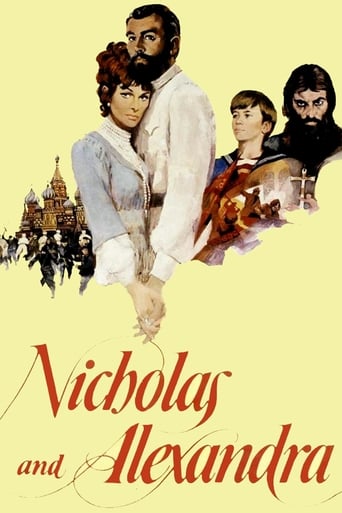






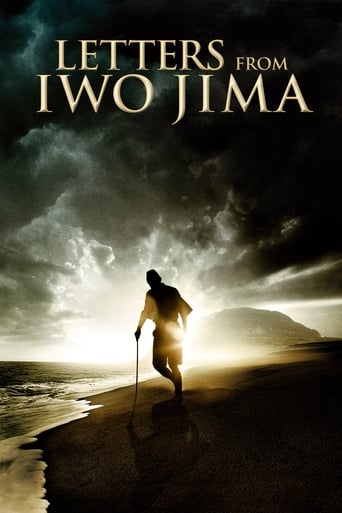








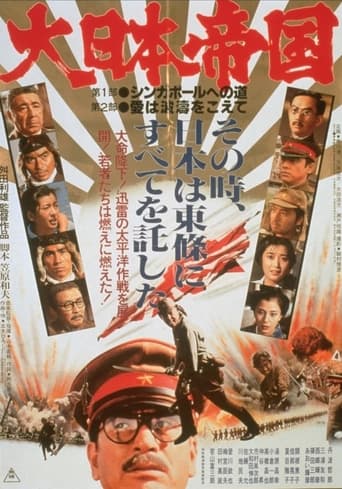





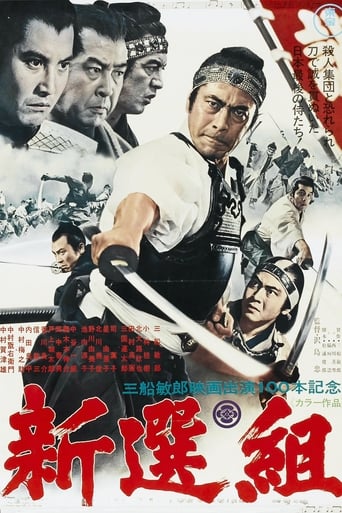












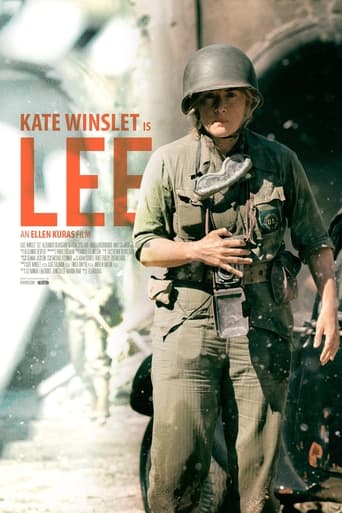
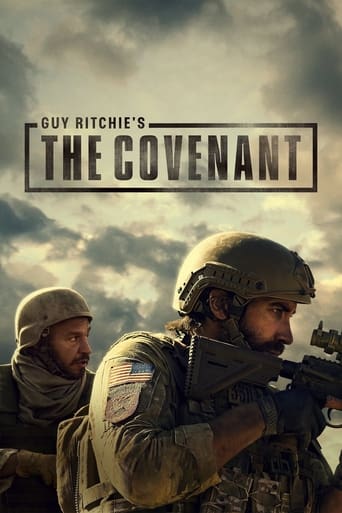

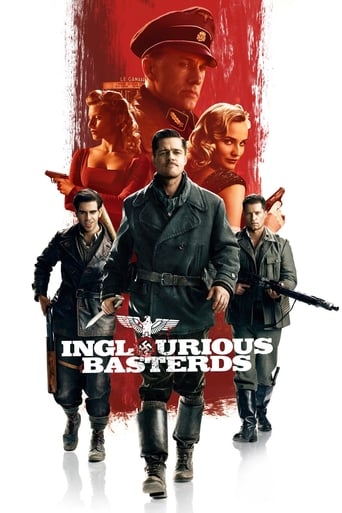

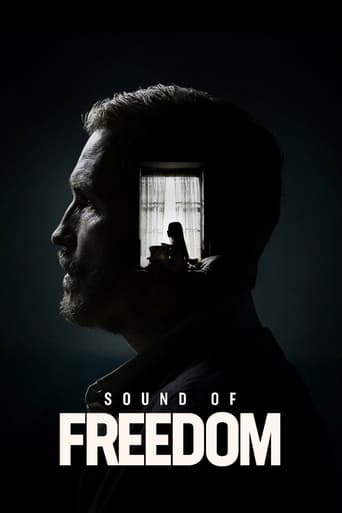

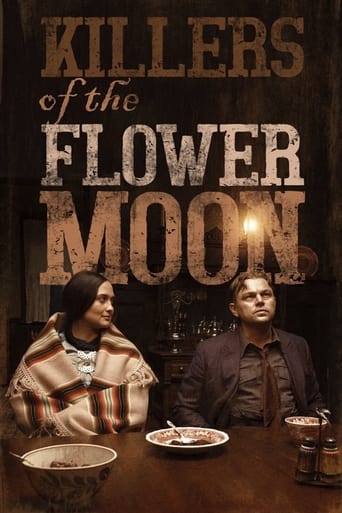

Yamato
Directed by Junya Sato and based on a book by Jun Henmi, "Yamato" has a framing story set in the present day and uses flashbacks to tell the story of the crew of the World War II Japanese battleship Yamato. The film was never released in the United States, where reviewers who have seen it have compared the military epic to "Titanic" and "Saving Private Ryan."